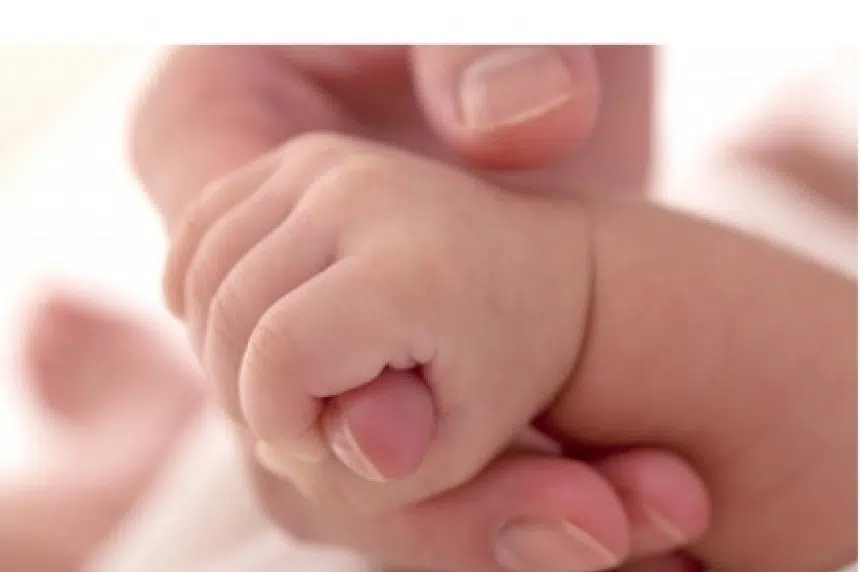Fertility rates in Saskatchewan took a nosedive — and are still low — thanks to the COVID-19 pandemic.
Laura Wright, a family demographer and University of Saskatchewan associate professor of sociology, said fertility rates have been on a sharp decline, especially since COVID.
While many believed the pandemic and time spent in isolation would lead to a baby boom, Wright said demographers knew differently.
“We’ve seen the number of babies and fertility absolutely plummet,” Wright said, attributing that directly to the pandemic. “People do not plan big life changes during times of turmoil.”
Wright noted it’s common to see a drop in fertility rates during times of uncertainty, such as during a recession.
Fertility rates in Saskatchewan, across Canada and in the U.S. and other western countries have been dropping significantly. Wright said the total fertility rate in Canada in 1991 was 1.72 and 2.05 in Saskatchewan. By 2020, those figures had dropped to 1.4 and 1.78 respectively.
Canada’s fertility rates further dropped during the pandemic, from 1.47 in 2019 to 1.40 in 2020, according to Statistics Canada.
Raw birth rates have also dropped, according to data from eHealth Saskatchewan.
In 2018, 15,411 babies were reportedly born in the province. That number dropped to 14,675 in 2019 and to 14,170 in 2020.
The differences between these numbers, Wright said, is that the fertility rate provides the average number of live births a woman can be expected to have in her lifetime. It can be easily compared across time and geographies without knowing other data like population size.
Wright said another reason behind the drop in fertility rates during COVID can be attributed to the burden the pandemic placed on health-care systems, which were under immense pressure and strain.
“We’re a bit hesitant to become so deeply tied to the health-care system like you are throughout pregnancy and childbirth,” Wright said.
While cohabitation — which the pandemic encouraged, with isolation and COVID restrictions limiting social interactions — is a context where many people have children, Wright noted it is less common for couples to have children while living common law.
Sometimes that’s because many people cohabitating are not in romantic or marriage-like relationships or many people living together might not want children in the first place.
The pandemic encouraged people to delay having children, and also delayed other life milestones like marriage and career success. Wright said people have been cohabitating longer than they initially meant to and putting off life milestone plans like having kids.
“If their marriage is being delayed, their fertility is also being delayed,” Wright explained, in some cases.
And many people who might have expected they’d be nearer to having kids by now might be seeing that delay even in finding a partner, given the difficulty with dating during the pandemic, Wright said.
People waiting to start their families might also not be able to have as many children as they might have hoped, given they are facing a shorter timeline to have kids.











